This freeform journal kept by Thomas Merton when he was 26, facing his own personal crisis ("trying to find something: I don't know what") as well as that of "civilization in general," is now being published rather debatably as fiction and with only a faint resemblance (the publishers say otherwise) to The Seven Storey Mountain of seven years later. Merton at this time is in London, later in Paris, "to see what is happening" and to also resolve his own moral position on World War II and the doubtful justification of dying for "pluck" or Bovril. The fictional aspects consist of the increasingly interior, hallucinatory scenes prefaced by the earlier revisitation of people and places he had known (when a younger student in England). The macaronic of the subtitle indicates the stream of inchoate consciousness expressive of all three definitions of the word (Latin; mixed languages; jumbled) and by the close "Pour makken a longue story raccourci"-the pidgin polyglot will be the favored form of transmission. None of this has, of course, the confessional surge of his autobiography; an overcast of greige indecision prevails throughout, and the book is primarily interesting as an earlier record of the young Merton experimenting with words and the options of spiritual survival. (Kirkus Reviews)
Although it first appeared after his death in 1968, he had arranged for its publication, written a foreword for it, and was delighted with the prospect of its at last becoming a part of his published works. My Argument with the Gestapo tells of the adventures of a young man, clearly identified by the name Thomas Merton, who travels from America to Europe to report on the war with Germany from the viewpoint of a poet. He hates the war, yet is driven to come to terms with it. There is a pervading sense of dreamworld or hallucination, heightened by the device of passages written in a macaronic language, invented from multilingual roots, to satirize and parody political propaganda speeches dealing with the war. A work of imagination (Merton did not in fact return to England after the start of World War II in Europe), it nevertheless contains much that is autobiographical and revealing of the young Merton. Most clearly visible are the seeds of his never-forsaken concern with peace and nonviolence and his abhorrence of war. Indeed, his outspoken criticism of Britain at a time when all the emphasis was on 'the brave little island standing alone' foreshadows his devotion to truth as he saw it, no matter what the cost. And students of Merton will find scenes in the book that are straight autobiography, amplifying and perhaps filling in gaps in what later was to be the beginning of Merton's great literary success, The Seven Storey Mountain (1948).
Hinweis: Dieser Artikel kann nur an eine deutsche Lieferadresse ausgeliefert werden.
Although it first appeared after his death in 1968, he had arranged for its publication, written a foreword for it, and was delighted with the prospect of its at last becoming a part of his published works. My Argument with the Gestapo tells of the adventures of a young man, clearly identified by the name Thomas Merton, who travels from America to Europe to report on the war with Germany from the viewpoint of a poet. He hates the war, yet is driven to come to terms with it. There is a pervading sense of dreamworld or hallucination, heightened by the device of passages written in a macaronic language, invented from multilingual roots, to satirize and parody political propaganda speeches dealing with the war. A work of imagination (Merton did not in fact return to England after the start of World War II in Europe), it nevertheless contains much that is autobiographical and revealing of the young Merton. Most clearly visible are the seeds of his never-forsaken concern with peace and nonviolence and his abhorrence of war. Indeed, his outspoken criticism of Britain at a time when all the emphasis was on 'the brave little island standing alone' foreshadows his devotion to truth as he saw it, no matter what the cost. And students of Merton will find scenes in the book that are straight autobiography, amplifying and perhaps filling in gaps in what later was to be the beginning of Merton's great literary success, The Seven Storey Mountain (1948).
Hinweis: Dieser Artikel kann nur an eine deutsche Lieferadresse ausgeliefert werden.

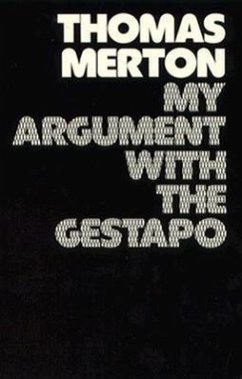

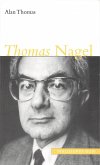
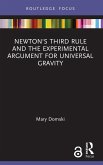
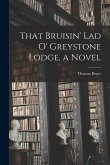
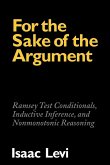
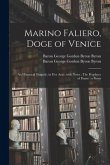
![Present Philosophical Tendencies [microform]: a Critical Survey of Naturalism, Idealism, Pragmatism, and Realism, Together With a Synopsis of the Phil Present Philosophical Tendencies [microform]: a Critical Survey of Naturalism, Idealism, Pragmatism, and Realism, Together With a Synopsis of the Phil](https://bilder.buecher.de/produkte/65/65592/65592168m.jpg)